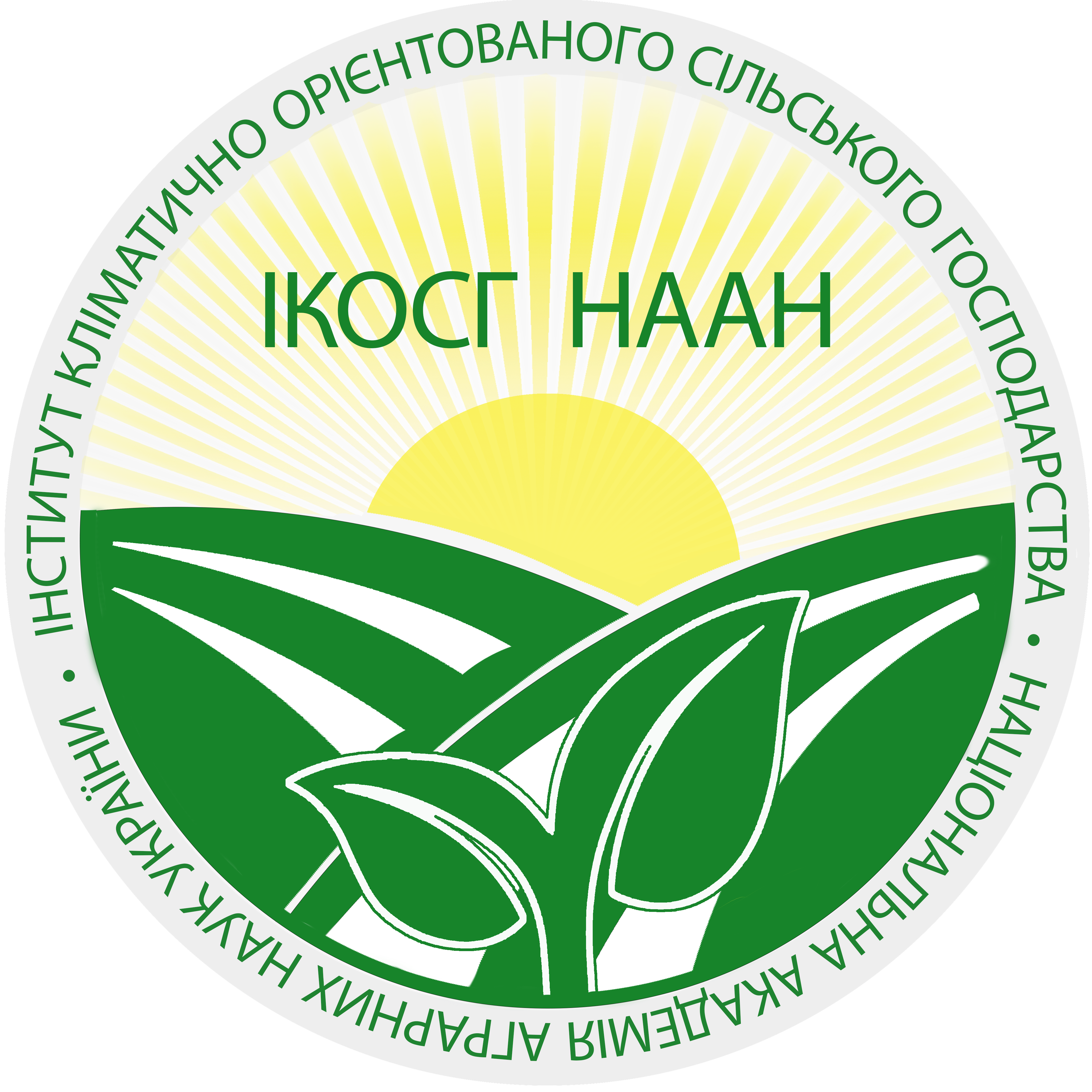УРОЖАЙНІСТЬ КУЛЬТУР КОРОТКОРОТАЦІЙНОЇ СІВОЗМІНИ ЗА УМОВ ЗАСТОСУВАННЯ МІКРОБНИХ ПРЕПАРАТІВ У ПІВДЕННОМУ СТЕПУ
Анотація
Потужним фактором підвищення продуктивності агроекосистем є активізація мікробно-рослинних взає-модій. У зв’язку з цим виникла необхідність у застосу-ванні прийомів, спрямованих на збільшення чисельно-сті та активності агрономічно-цінних мікроорганізмів. Мета. Підвищення біологічної активності ґрунту та уро-жайності за рахунок оптимізації застосування сучасних мікробних препаратів. Методи. Польовий стціонарний дослід та супутні лабораторні дослідження. Результати. Визначено вплив мікробних препаратів азотфіксуваль-них і фосфатмобілізувальних бактерій на біологічну активність, поживний режим грунту та врожайність пше-ниці озимої, ячменю ярого та соняшника за різних сис-тем обробітку грунту. При застосуванні мікробних пре-паратів прослідковується покращення азотного режиму ґрунту, що призвело до формування і дещо вищого рівня врожаю зернових культур. Прибуток від застосу-вання препарату Діазофіт для обробки насіння пше-ниці озимої склав 1068,62-1278,62 грн/га, що дозволяє рекомендувати його для використання у виробництві. Висновки. Для підвищення врожайності пшениці ози-мої та соняшника застосовувати препарат Діазофіт як за глибокого, так і мілкого обробітку грунту, а Мікрогумін у ячменю ярому – лише за мілкого. При сівбі ячменю ярого його насіння необхідно обробляти мікробним препаратом азотфіксувальних бактерій Мікрогумін. Найбільш ефективне його застосування при мінімізова-ному обробітку грунту. Застосування мікробного препа-рату фосфатмобілізувальних бактерій Фосфоентерин в гостро посушливих умовах весни в регіоні стійкого позитивного ефекту не забезпечує. У посівах соняшнику при сівбі насіння необхідно обробляти мікробним препа-ратом Діазофіт за умов проведення під нього глибокої оранки, або мілкого безполицевого обробітку. Препарат Поліміксобактерин можна застосовувати лише за умов проведення оранки під соняшник.
Посилання
2. Тихонович И. А., Круглов Ю. В. Микробиологические аспекты плодородия почви и проблемы устойчмвого земледелия. Плодородие. 2006. №5(32). С. 9-12.
3. Комок М. С. Ефективність мікробних препара-тів при вирощуванні сої. Агрохімія і грунтознавство: міжвід.тем.наук.зб. Спец. випуск до V111 з'їзду УТГА. Харків : ПП "Рута", 2010. Книга третя. С. 319-321.
4. Бондарева О. Б., Вінюков О. О., Коноваленко Л. І. Ефективність мікробних препаратів при вирощуванні ячменю ярого в південно-східному промисловому регі-оні. Матеріали V111 наук. конф. молод.вчен."Мікробі-ологія в сучасному сільськогосподарському виробни-цтві". Чернігів, 2012. С. 31-33.
5. Горшар В.І. Вплив біологічно активних речо-вин на врожайність ярого ячменюв північному Степу України. Бюлетень Інст. с.-г. степової зони НААН України. 2014. №6. С. 77-80.
6. Ткаліч Ю. І., Ніценко М. П. Вплив біопрепаратів на врожайність гібридів соняшника. Бюлетень Інст. с.-г. степової зони НААН України. 2013. №5. С. 86-89.
7. Сайко В. Ф., Малієнко А. М. Система обробітку грунту в Україні. Київ : ВД "ЕКМО", 2007. 44 с.
8. Доспехов Б. А. Методика опытного дела. Москва : Агропромиздат, 1985. 616 с.
9. Лебідь Є. М., Шевченко М. С., Пащенко Ю. М. та ін. Методика проведення польових дослідів, вироб-ничих випробувань і оцінки ефективності способів обро-бітку ґрунту. Дніпропетровськ : ІЗГ, 2009. 23 с.
10. Теппер Е. З., Шильнікова В. К., Переверзева Г. И. Практикум по микробиологии. Москва : Колос, 1979. 138 с.
11. Ушкаренко В. О., Нікішенко В. Л., Голобородько С. П., Коковіхін С. В. Дисперсійний і кореляційний аналіз у землеробстві і рослинництві: навчальний посібник. Херсон : Айлант, 2008. 272 с.






